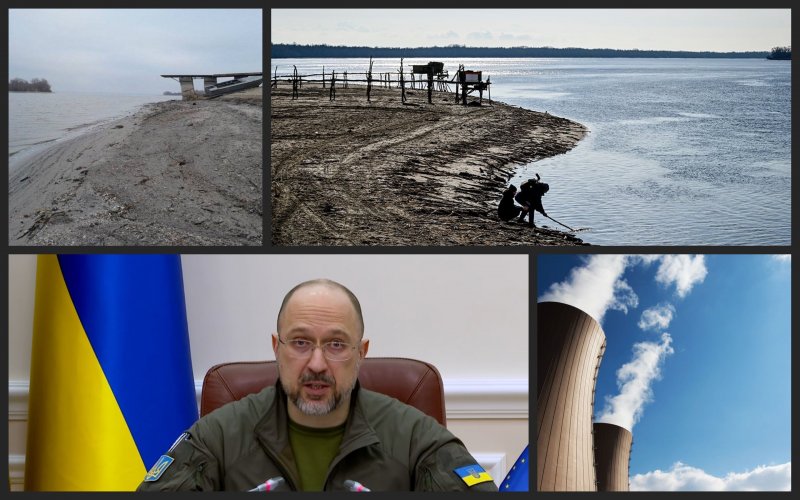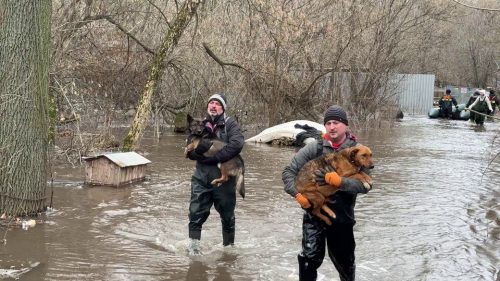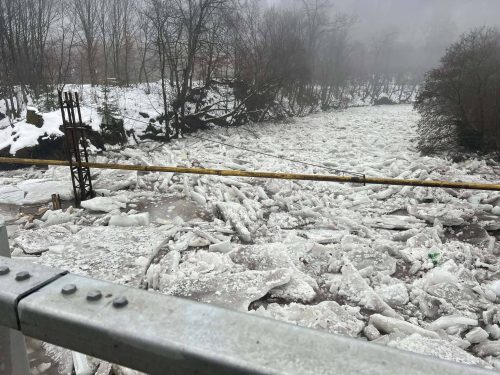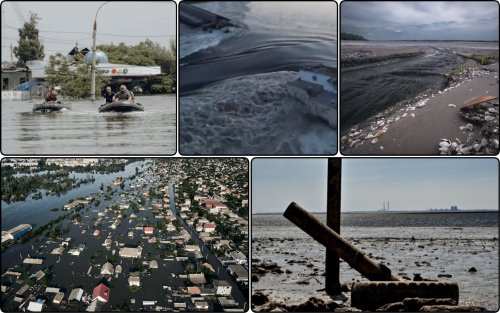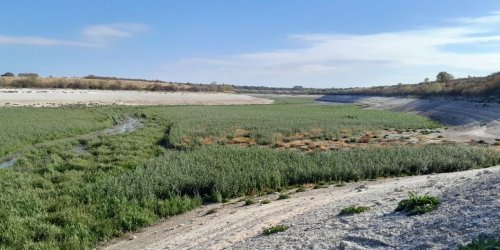The Prime Minister of Ukraine, Denys Shmyhal, called on international partners to put pressure on Russia to close the floodgates and restore hydrotechnical structures at the Kakhovskaya HPP.
Otherwise, it will threaten an ecological disaster for the entire continent, because the decrease in water in the reservoir can lead to an accident at the Zaporizhia NPP, Shmyhal said at a meeting of the Government of Ukraine.
He emphasized that after 14 missile attacks on the Ukrainian energy system, the Russians are now trying to deprive Ukrainians of access to water supply. After all, thousands of cubic meters of water flow out of the Kakhovsky Reservoir every day.
Shmyhal noted that 70% of settlements that receive water from the Dnipro River may be left without access to drinking water.
However, according to him, the greater threat is nuclear danger. After all, a decrease in the water level in the storage can lead to improper functioning of the Zaporizhzhya NPP cooling systems.
"I think it is necessary to explain to no one how this threatens Ukraine, Europe and the world in general," Shmyhal stressed.
He called on international partners to use all available means to put pressure on Russia to close the floodgates and restore hydrotechnical structures at the Kakhovskaya HPP. Or she allowed Ukrainian specialists to do it.
Earlier, EcoPolitic wrote, that the mayor of Novaya Kakhovka, Volodymyr Kovalenko, said that the actions of the Russians at the Kakhovka HPP, located in the Kherson region, can lead to an environmental disaster.
As EcoPolitic previously reported, to damage to the Kakhovskaya HPP dam the water level in the reservoir dropped by approximately 1.4 meters, which carries risks of limiting water supply, irrigation of fields, and also threatens the ecosystem of the reservoir and the operation of the Zaporizhzhya NPP.

